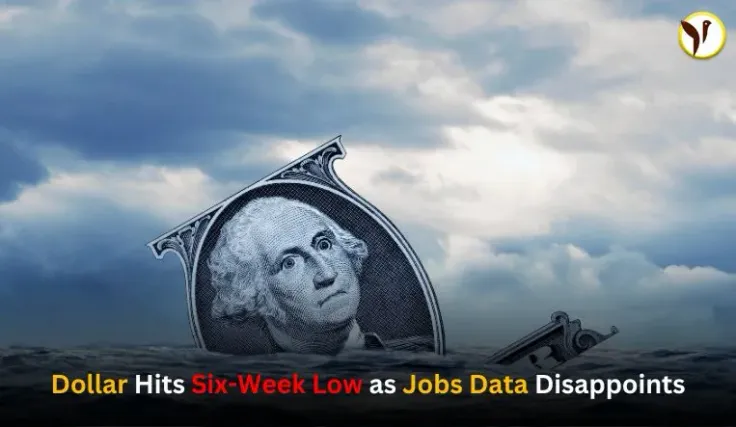On November 3rd, the U.S. dollar dropped to its lowest point in six weeks because there were fewer new jobs created in the country than expected.
This has made people believe that the Federal Reserve, which is like the money boss of the United States, will not change the interest rates in December.
The dollar's value compared to other currencies fell, and the euro went up in value by 0.8%. The data showed that the number of new jobs created in the past month was 150,000, which is not as many as people thought.
They also changed the numbers from September to show that there were fewer new jobs created than they thought.
Read this, 10+ Tips and Tricks for Writing a Great Letter of Recommendation
This news might mean the Federal Reserve won't change how much money they are lending out because they were worried about the economy growing too fast.
People think the economy is still doing okay, but it might slow down in the future.
The U.S. dollar also weakened against the Japanese yen because the Bank of Japan made some changes to its interest rate policy, though not as many as the market anticipated. The British pound also strengthened against the dollar due to changes in interest rates and borrowing in the United States.
Treasury announced smaller increases in longer-term lending, and the head of the Federal Reserve, Jerome Powell, did not express as much concern about raising interest rates as the market expected.
Now, it seems less likely that interest rates will rise in December, which is a change from what people believed just a day earlier.
Stay tuned for more such updates.
Also, Join our Free Workshops
Also read, Enforcement Directorate Expands Probe into Jal Jeevan Mission Scam in Rajasthan







